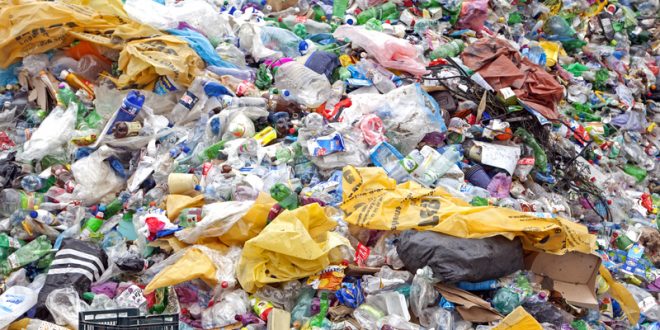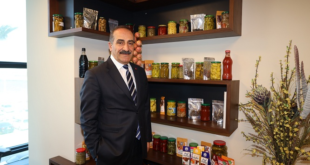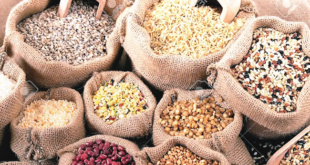Approximately TL 3.8 billion ($212.14 million) have been saved so far in Turkiye after the government-led initiative recommended charging shoppers TL 0.25 per plastic bag, a practice that became a mandatory regulation in 2019.
The application was kicked off by the Ministry of Environment, Urbanization and Climate Change in a bid to encourage recycling through the Zero Waste Project.
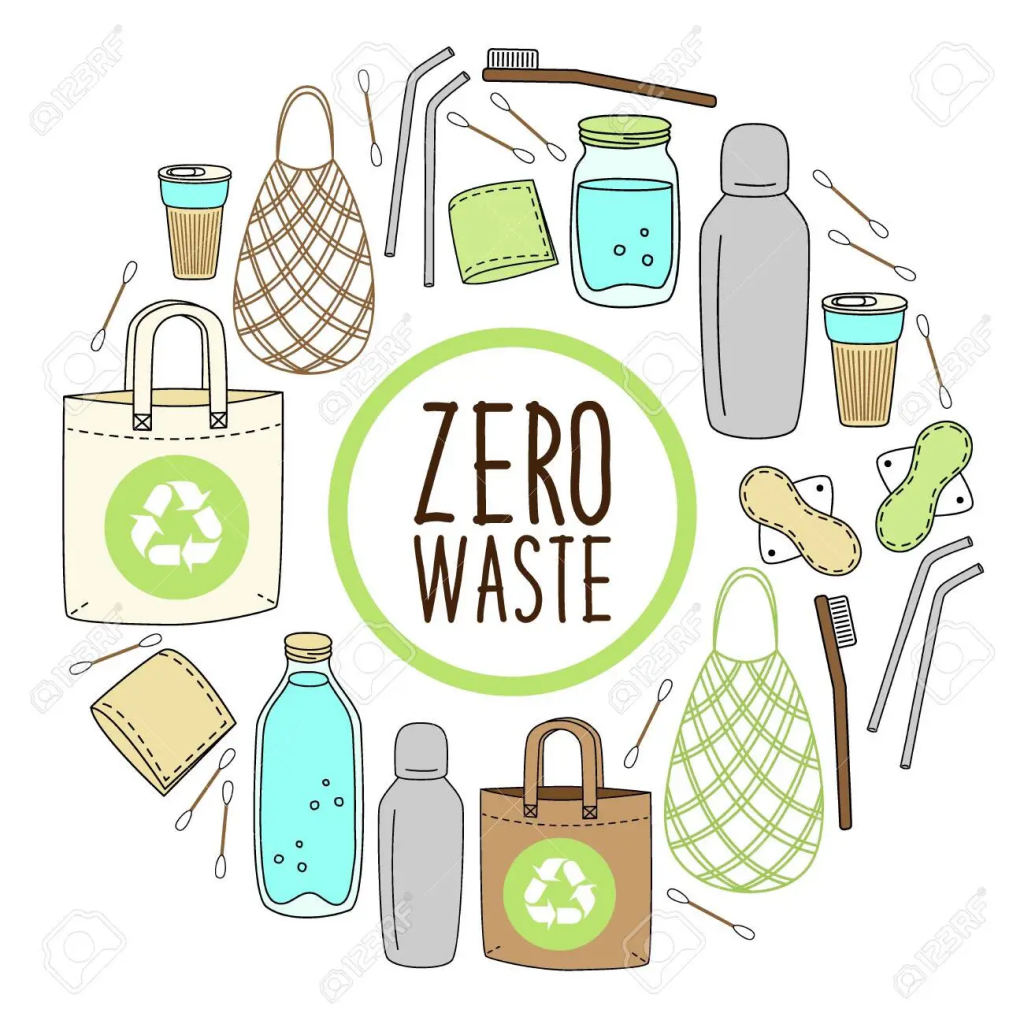
The Zero Waste Project, meanwhile, was launched in 2017, spearheaded by first lady Emine Erdoğan.
Plastic pollution is a global concern as the climate crisis has gripped the world. In 2019, 170 countries pledged to reduce their use of plastics by 2030 at the United Nations.
The plastic bags are produced from petroleum-based polyethylene. When polyethylene materials become waste, they become harmful to ecosystems and nature.
The production value of plastic, which entered human life at the beginning of the 20th century, was around 1.5 million tons in the 1950s and exceeded 335 million tons annually.
Before 2019, plastic bag production in Turkey was approximately 35 billion pieces per year, while a person was using an average of 440 plastic bags per year.
With the charging of plastic bags, the use of plastic bags in Turkiye has decreased by approximately 65%, and thus, the generation of 550,000 tons of plastic waste originating from plastic bags has been prevented.
In addition, with this reduction, approximately 22,746 tons of greenhouse gas emissions were prevented.
With the decrease in the use of plastic bags, the import of plastic raw materials required for the production of plastic bags in Turkiye also decreased and approximately TL 3.8 billion was saved.
The use of reusable carrying equipment such as cloth bags and nets has become widespread as the awareness of citizens on the subject has increased.
The Zero Waste Project has led Turkiye’s fight against climate change. In the five years since its launch, it has helped the country save enough water to meet the annual demands of 2 million households for one year or 572 billion liters.
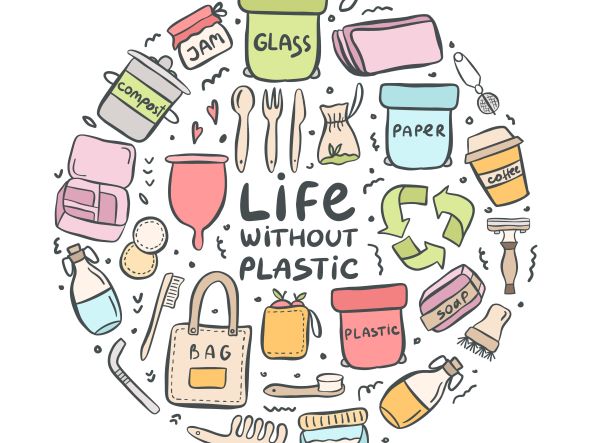
Overall, the Zero Waste Project made a contribution of $3.4 billion (TL 62.2 billion) to the Turkish economy by saving resources.
The initiative primarily aims to bring the country in line with sustainable development principles, prevent uncontrolled waste and leave a “cleaner, developed” country to future generations according to the ministry.
It has slowly but steadily gained support from various sectors since 2017. By next year, the aim is to spread it across the entire country to increase the recycling rate to 35% and bring the regular waste storage rate down to 65%. It covers and will further cover municipal areas, public institutions, ports, airports, bus and train stations, schools, shopping centers, hospitals, tourism facilities, large workplaces and places with high population density and waste diversity.
www.dailysabah.com
 THE GLOBAL WINDOW OF TURKISH FOOD AND AGRICULTURE The Global Window of Turkish Food and Agriculture Sector
THE GLOBAL WINDOW OF TURKISH FOOD AND AGRICULTURE The Global Window of Turkish Food and Agriculture Sector


